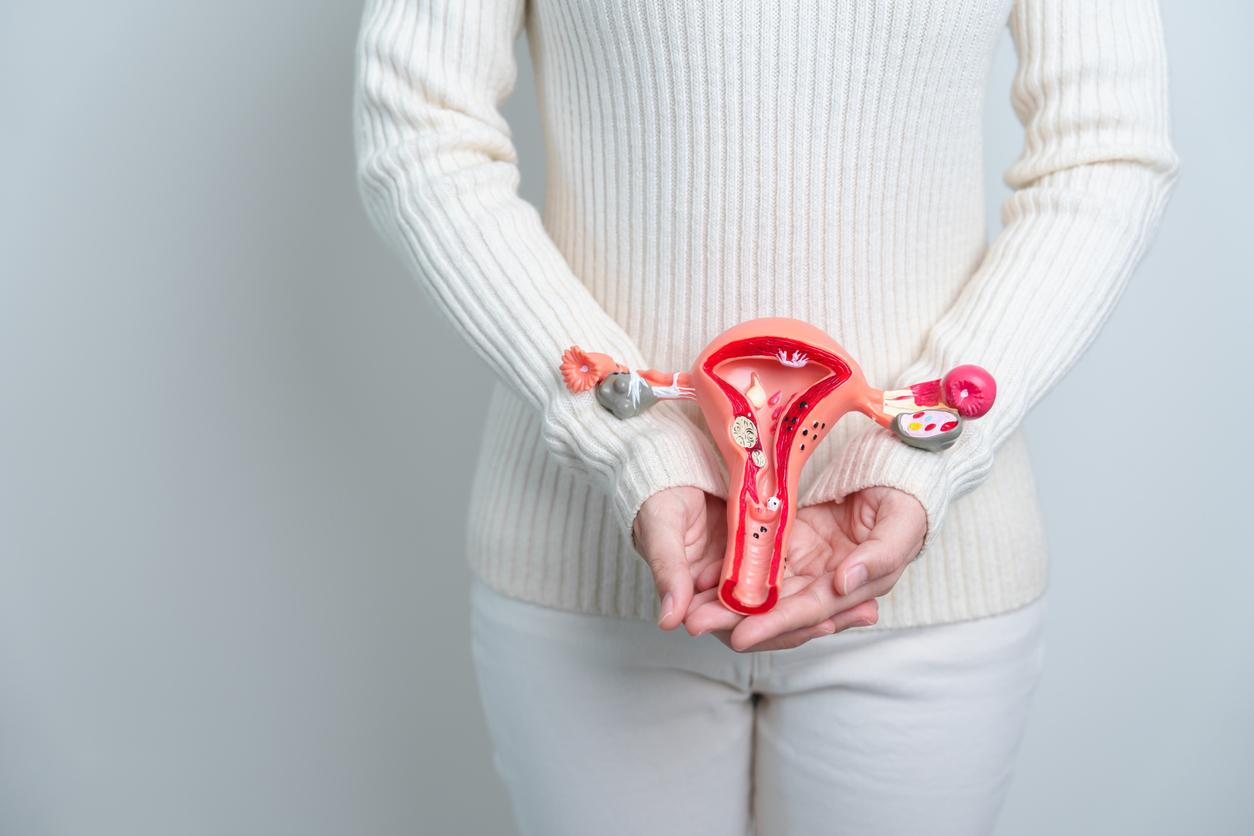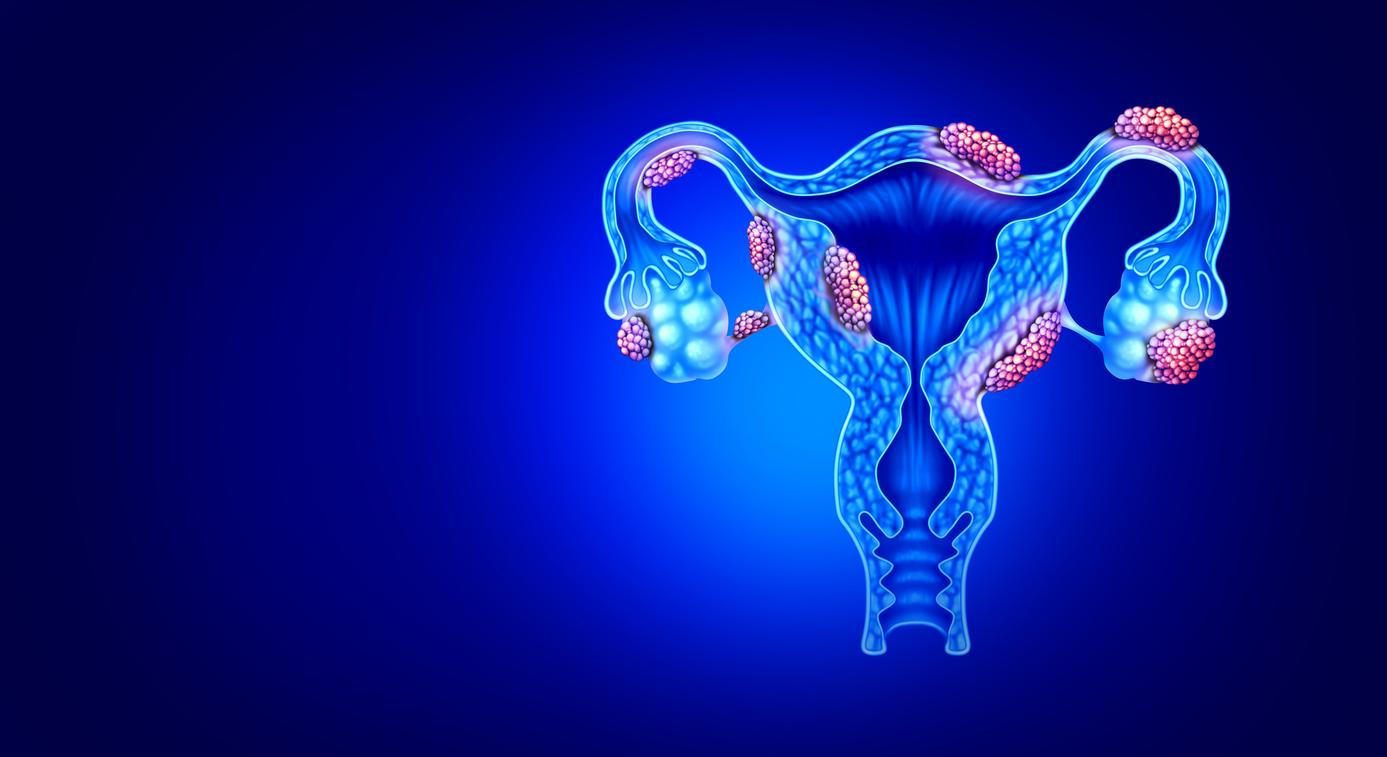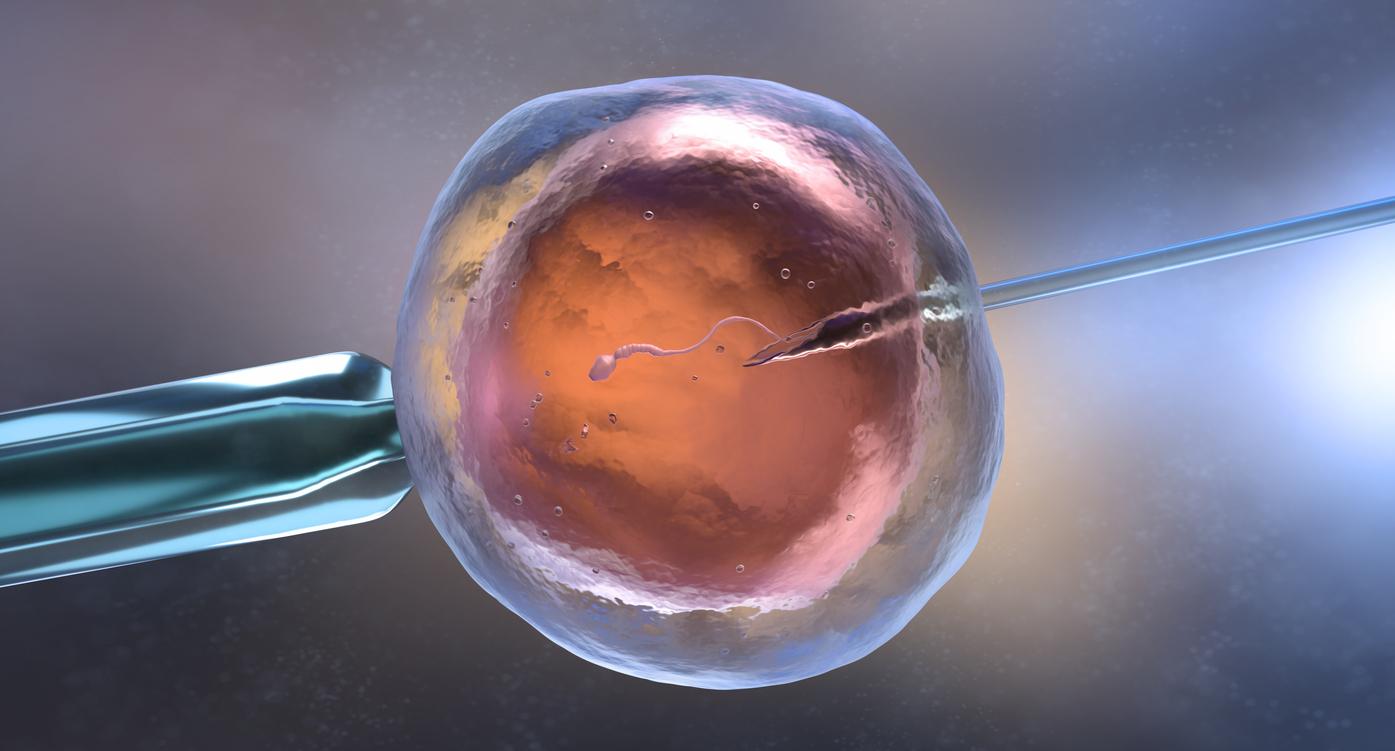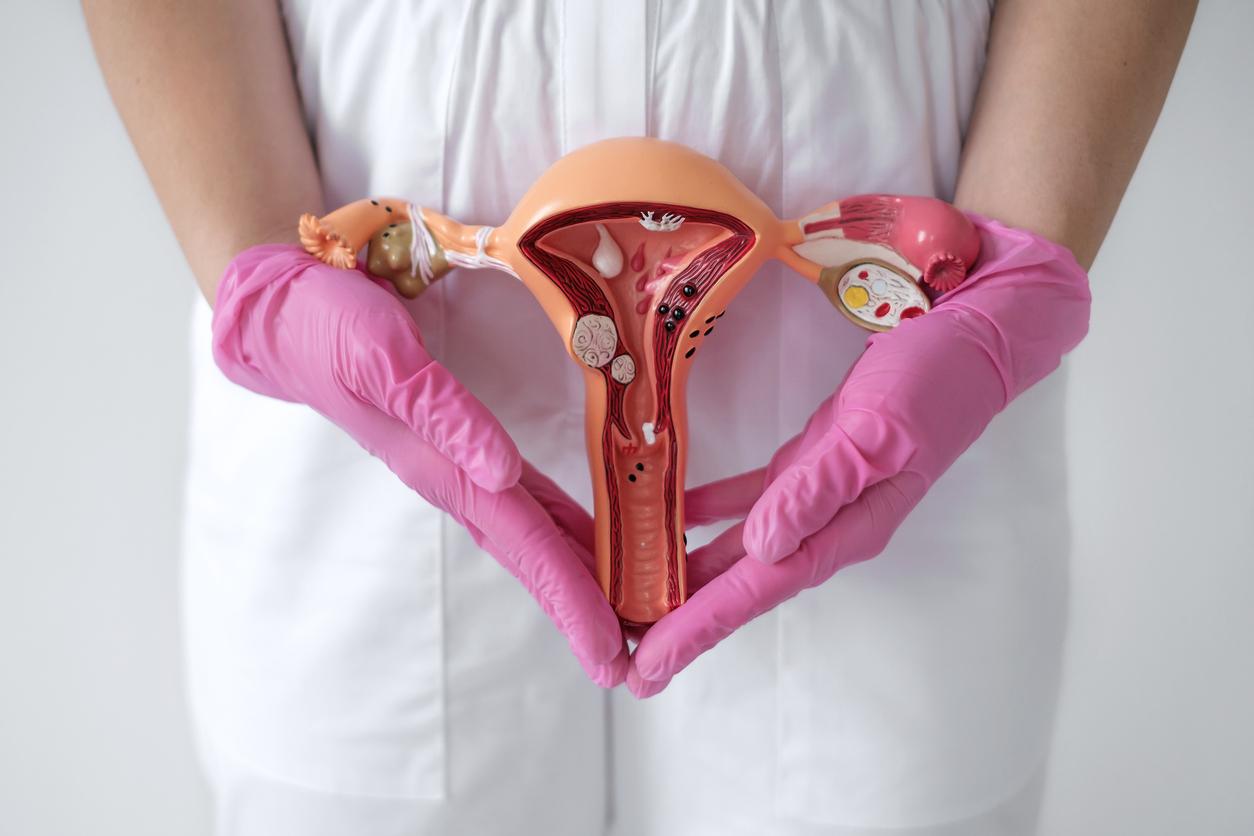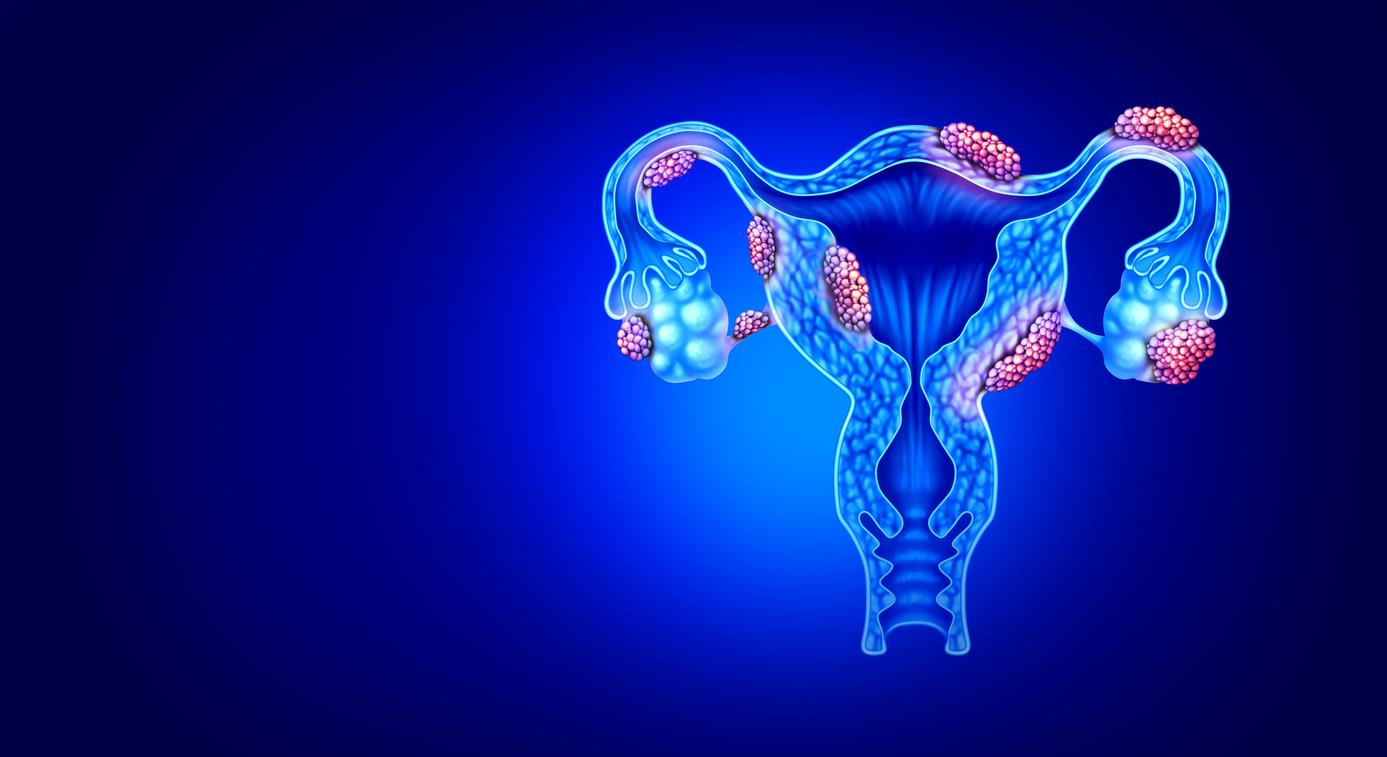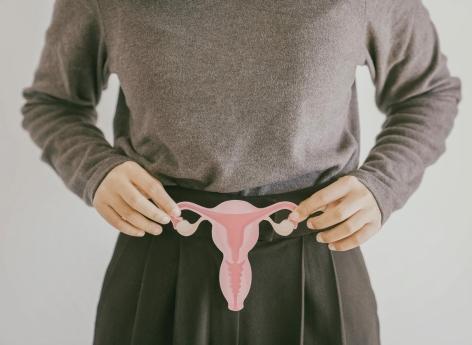In a laboratory study using cells from women with endometriosis, Australian researchers at the University of Adelaide have discovered a new risk factor associated with this gynecological disease which affects one in 10 women. According to this study, led by Dr Jonathan Mc Guane, of the Obstetrics Unit and of Gynecology at the University of Adelaide, seminal fluid increases survival and growth of endometriotic lesions. “This is an important discovery given the fact that endometriosis affects one in 10 women of childbearing age and that this can cause difficulties in conceiving a child” underlines Dr Mc Guane.
In this study, cells from women with endometriosis were transplanted into mice with immune deficiency. Two weeks after the cells were exposed to seminal fluid, the lesion volume increased eightfold and their mass increased fourfold. These laboratory results must now be confirmed in real life, in order to determine whether exposure to seminal fluid to during sexual intercourse causes in women an increased risk of developing endometriosis.
Little-known risk factors
Little is known about the factors that predispose a number of women to endometriosis. Some researchers believe that some cases of the disease could be due to exposure to certain prohibited pesticides traces of which remain in the water and soil. Some cases would also be due to oxidative stress, a phenomenon linked to the accumulation of free radicals in our cells. The new discovery from Australian researchers opens new avenues as they now intend to determine whether changes in sexual activity could reduce the severity of the disease in women with endometriosis.
Read also :
An Inserm researcher takes stock of endometriosis
Endometriosis: how is the diagnosis made?
Testimonials: they won the fight against endometriosis











